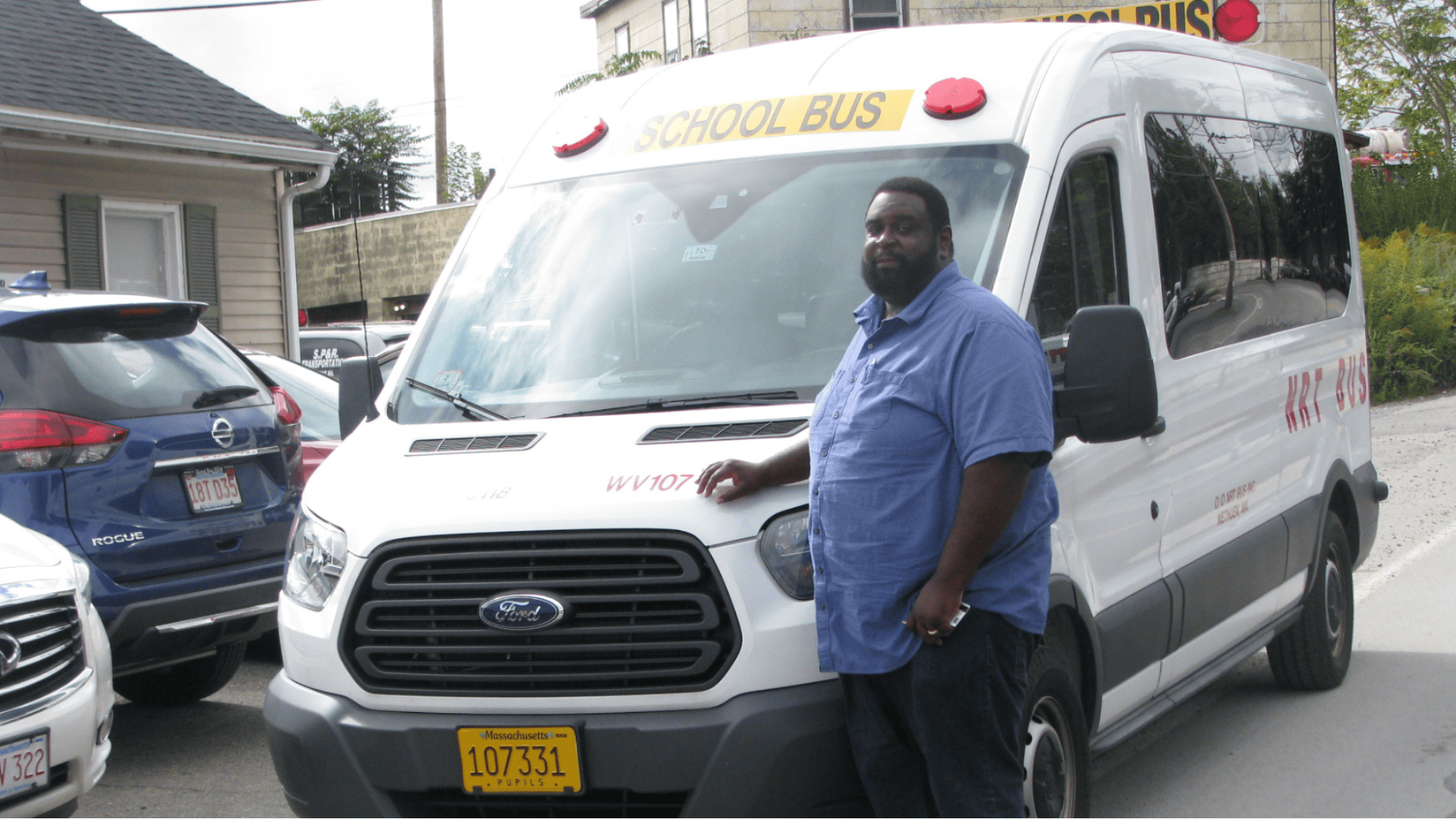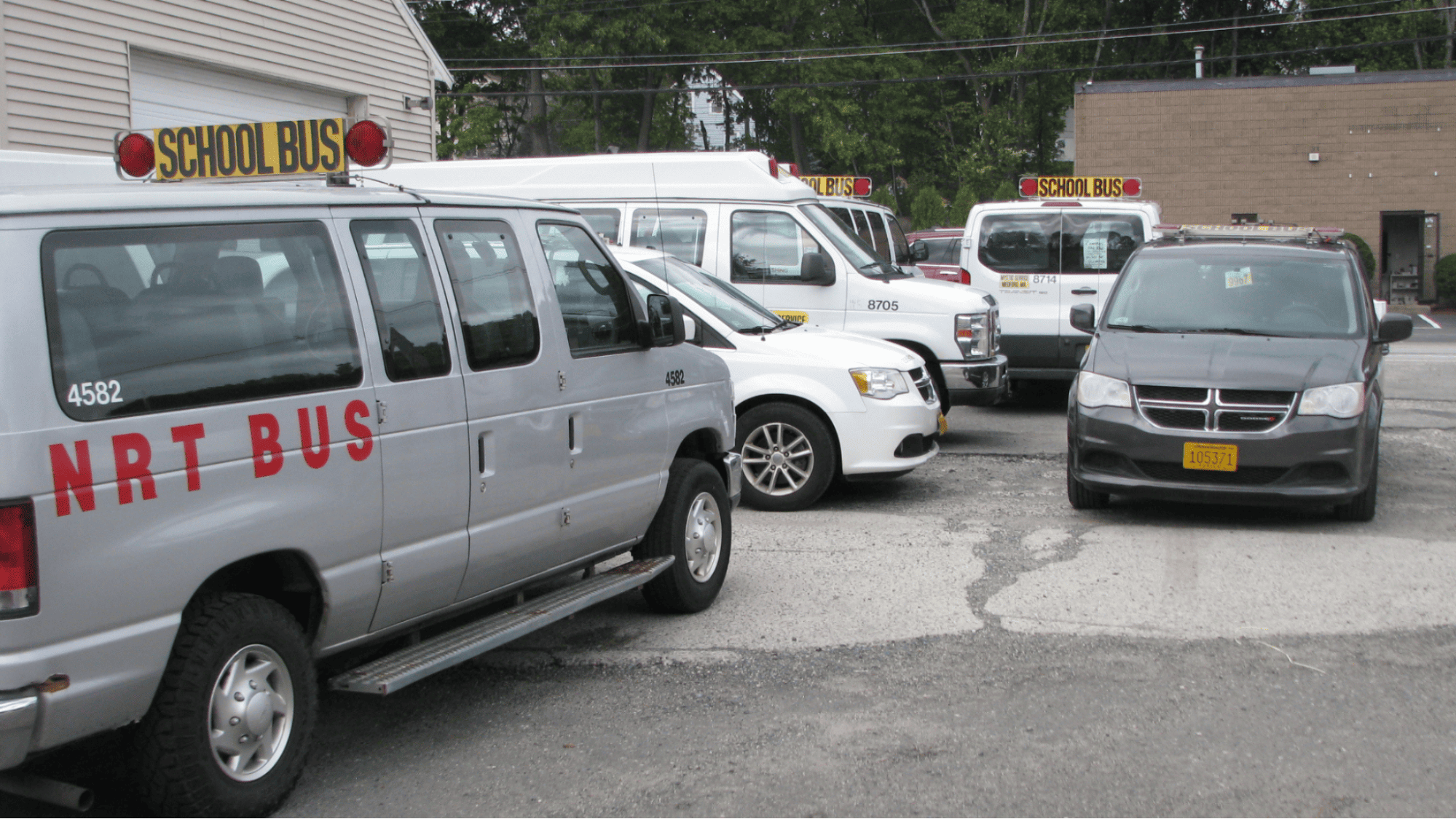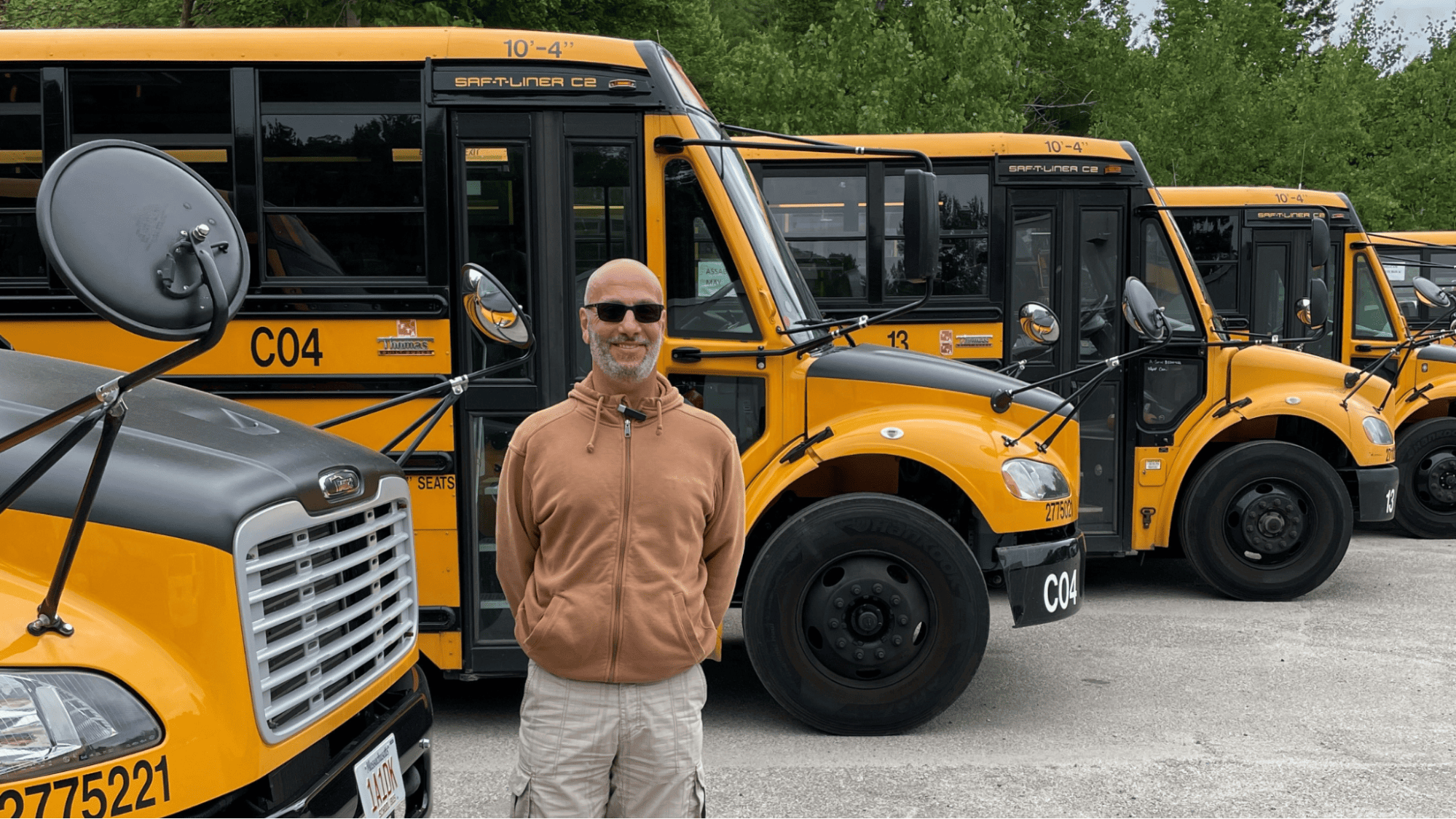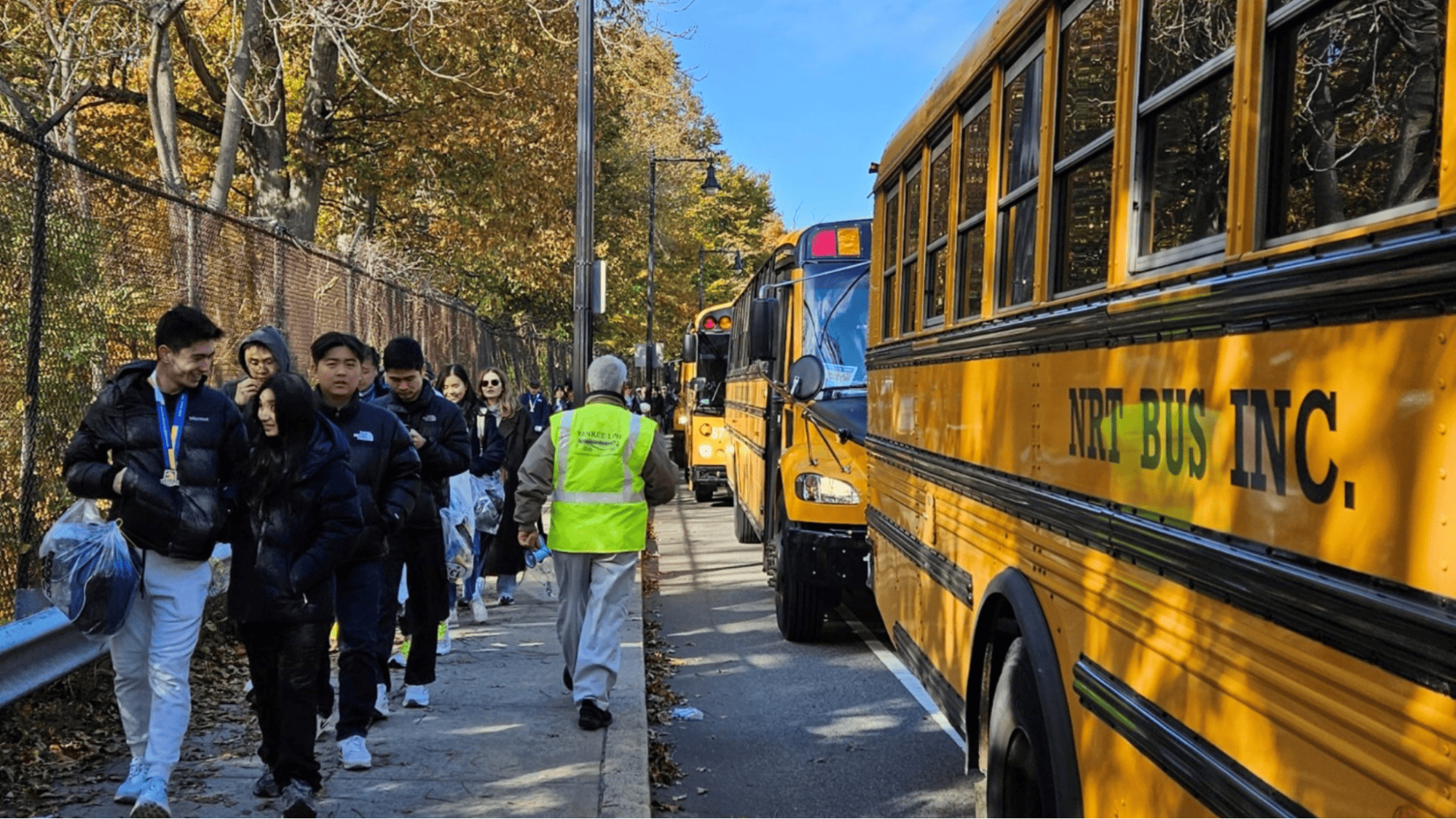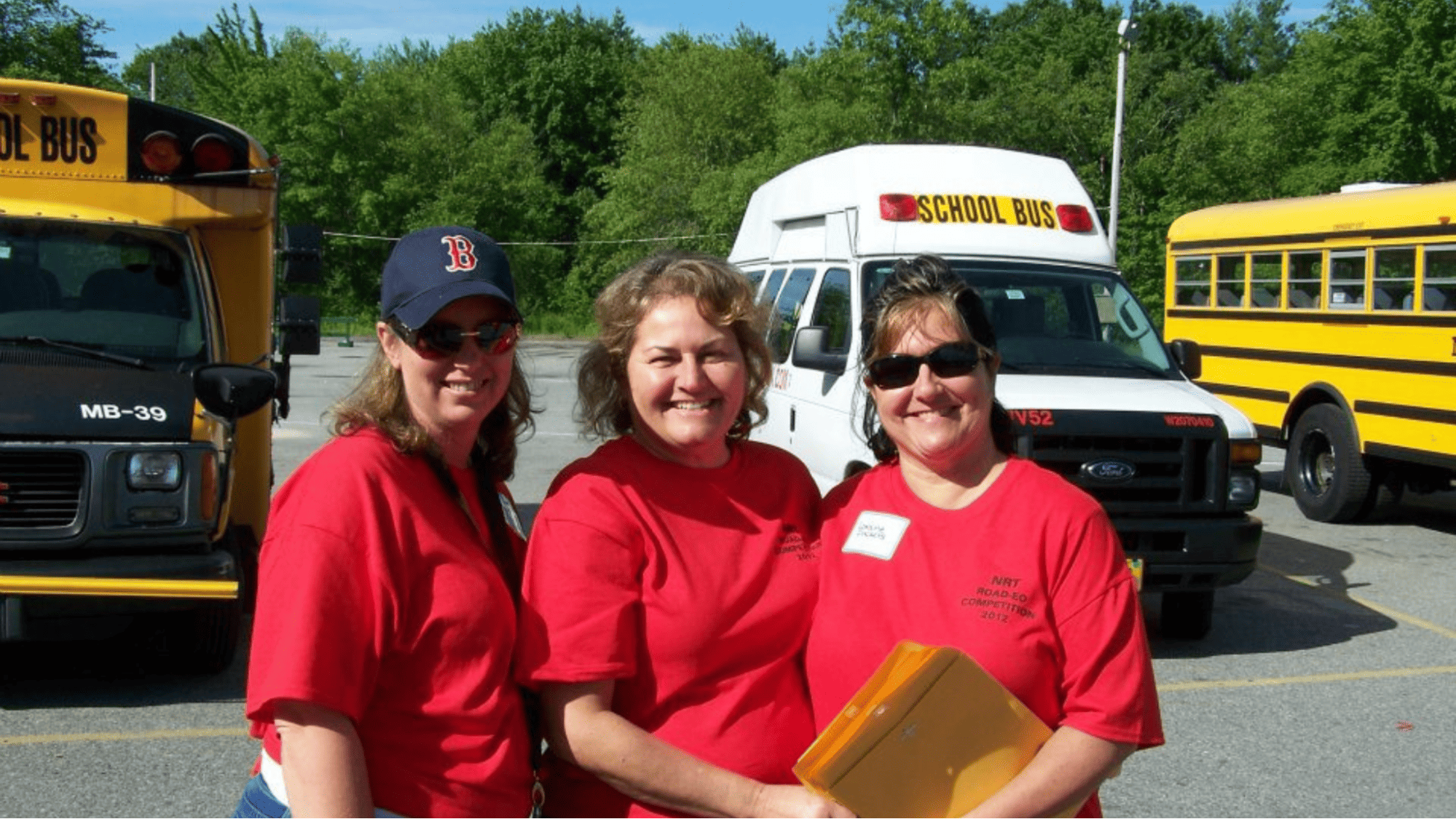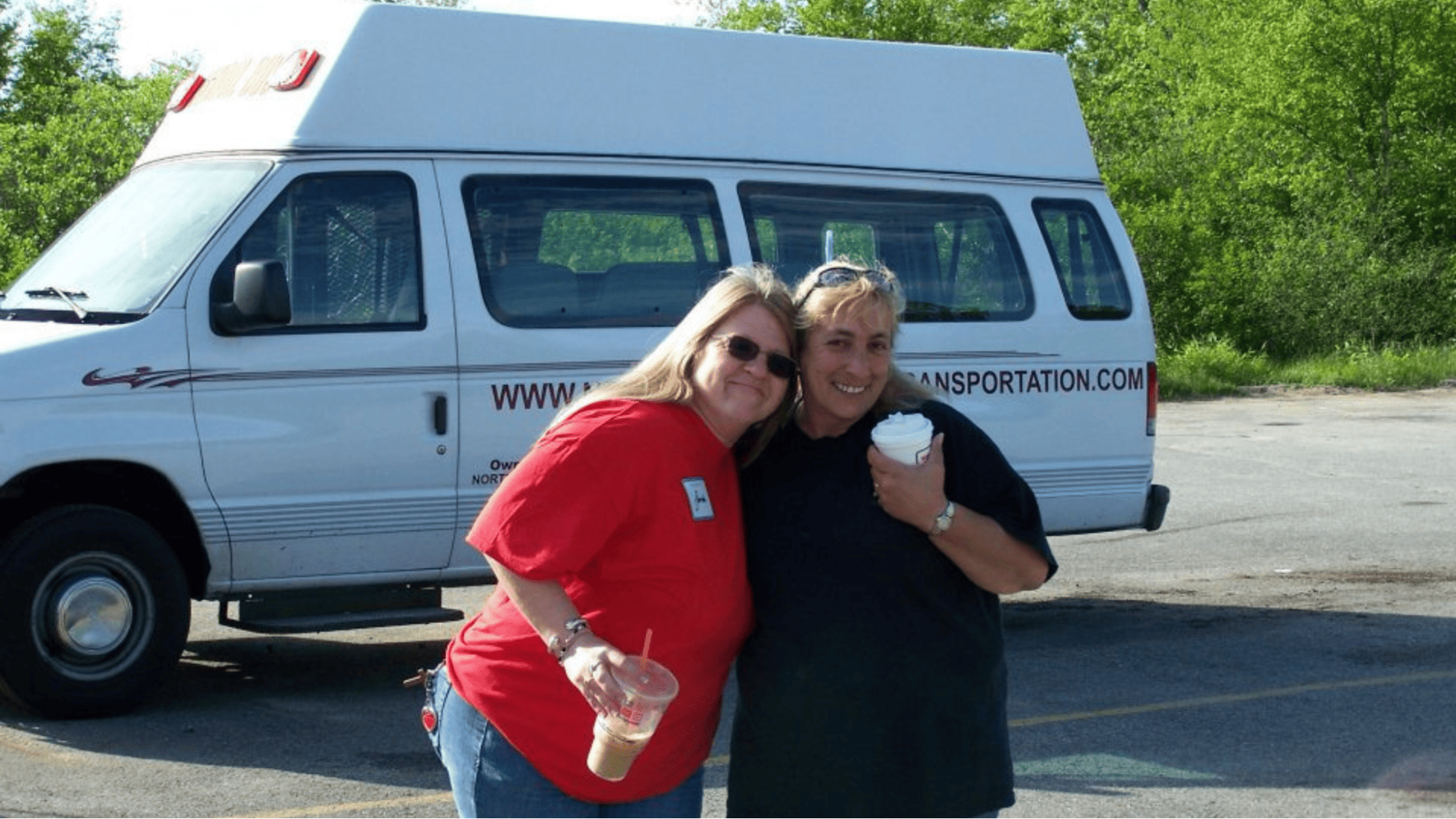School districts across Massachusetts face unexpected transportation issues every year—buses break down, drivers call out, weather strikes, and suddenly hundreds of students are stuck without a ride. Research shows that 63% of school districts experience major transportation disruptions annually, impacting everything from field trips to athletics.
As a trusted partner for school event transportation across New England, NRT Bus knows that backup planning isn’t optional—it’s essential. Many school emergency plans focus on the building, but not on how students get there. And yet, transportation is the first and last point of contact for most students every day.
In this post, we’ll walk through three strategic backup plans every transportation director should have in place to protect students, support staff, and ensure school events run without disruption.
Understanding the Risks in School Event Transportation
Today’s transportation directors face intense logistical pressure. School events—from sports to science fairs—rely on tight timelines and safe, reliable vehicles. But disruptions are growing more common.
Key Causes of Disruption:
- Nationwide Driver Shortages: 91% of school districts report driver shortages; many are forced to reduce or cancel routes.
- Mechanical Issues: Field trip buses often run on different schedules and can lack the spare coverage regular routes receive.
- Weather Hazards: Snow, ice, flooding, and strong winds can all create route closures and safety concerns.
- Construction Delays and Detours: Last-minute changes can derail schedules if there’s no alternate plan.
- Communication Breakdowns: Missed handoffs between dispatch, schools, and drivers can magnify even minor delays.
These issues don’t just delay arrival—they jeopardize safety, cause stress for staff and parents, and lead to costly cancellations.
Why Backup Plans Matter
Field trips, performances, and competitions often cap weeks of preparation. When buses don’t show, it’s not just an inconvenience—it’s a breakdown in trust and opportunity.
- Students lose valuable learning experiences
- Parents scramble for childcare or transportation
- Staff must manage chaos and complaints on the fly
- Districts risk financial penalties or lost deposits
Many families, especially those without flexible jobs or access to a car, are hit hardest when transportation fails. In fact, 41% of parents say their school has reduced or eliminated bus service, and over half report school transportation issues have hurt their careers.
For school districts, proactive planning saves time, money, and reputation—and above all, keeps students safe.
3 Backup Plans Every Transportation Director Should Know
These three strategies help transportation directors turn major problems into manageable hiccups.
1. Alternative Routes and Driver Assignments
Why it matters:
Flexibility is the backbone of reliable school event transportation.
Action Steps:
- Map secondary routes to frequent destinations (sports fields, museums, theaters) that account for construction zones or seasonal weather.
- Maintain a roster of substitute drivers who meet licensing, safety, and background check standards.
- Cross-train qualified staff (mechanics, administrators, or coaches with CDLs) as emergency backups.
- Use routing software that accounts for driver availability, vehicle condition, and weather data.
- Schedule preventive maintenance with event timelines in mind—especially for buses used in special trips.
- Plan driver Redundancy: Assign backup drivers for large events in case someone calls out.
- Know your emergency pull-off points along each route for mechanical checks or driver swaps.
Safety note: Backing up a bus should be avoided unless absolutely necessary—and only with a trained monitor and strict safety protocol.
2. Third-Party Transportation Agreements
Why it matters:
When your internal fleet can’t cover a trip, a pre-vetted partner keeps the day on track.
NRT Bus supports many Massachusetts districts with contracted overflow and emergency service. These agreements offer:
- Standby vehicles during peak seasons
- Access to CDL-licensed drivers already cleared for school routes
- Flexible vehicle types (minibuses, full-size coaches, ADA-compliant buses)
- Quick deployment during last-minute changes
Establishing third-party partnerships before an emergency hits saves your district time, money, and stress. When you already have a provider like NRT on call, response times are faster and compliance is guaranteed.
3. Parent Communication and Pickup Contingency Plans
Why it matters:
When transportation breaks down, communication is your most powerful tool.
Action Steps:
- Use multi-channel alerts (calls, texts, apps) to inform families of delays or route changes
- Prepare school staff to manage student supervision during extended wait times
- Designate emergency pickup locations that are safe, well-lit, and accessible
- Create documented sign-out procedures for parents or guardians during transportation disruptions
- Train volunteers in managing student needs during handoffs—especially for younger or special needs students
Even if parent pickup is your last resort, having it clearly documented and rehearsed ensures order and safety.
Integrating Transportation into Your Emergency Plan
A school’s emergency operations plan should include transportation-specific protocols—not just for evacuation, but for field trip logistics, driver shortages, and weather delays.
Build with these components:
- Risk assessments that cover vehicle, staffing, and routing vulnerabilities
- Chain of command for transportation decisions during a crisis
- Real-time communication systems between buses, dispatch, and schools
- Inclusion plans for students with disabilities or medical needs
- Recovery strategies to resume service or reassign resources post-event
When backup transportation plans are integrated into your broader emergency structure, your entire district becomes more resilient.
Train Now, Not Later
Even the best plans fail without training. That includes:
- Drivers: Evacuation steps, emergency authority protocols, and student tracking
- School Staff: Supervision roles, communication protocols, and parent coordination
- Volunteers: Special needs awareness, sign-out procedures, and first responder coordination
Consider working with emergency services to run joint drills—this builds familiarity and improves response time in real-world situations.
Final Thoughts: Reliable Transportation Takes Planning
At NRT, we understand that school event transportation is about more than getting from point A to point B—it’s about ensuring students arrive safely, calmly, and ready for the experiences that matter most.
Whether you need help designing contingency plans or establishing reliable vendor coverage, we’re here to support your transportation team.
Need a dependable partner for overflow or emergency school transportation?
Contact NRT Bus for backup planning support — and get peace of mind for your next big event.


